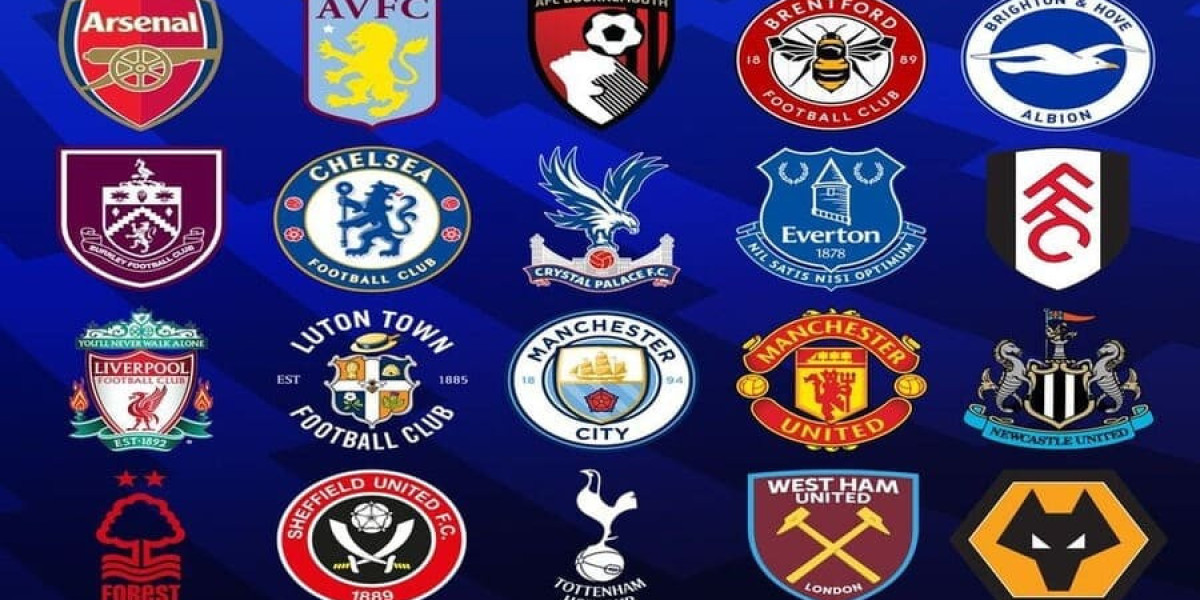In today's fast-paced digital world, a sluggish internet connection can be frustrating and time-consuming. Slow loading times, buffering videos, and dropped connections can hamper productivity and hinder your online experience. Fortunately, there are several effective techniques to boost your computer's internet speed. In this post, we'll dive into seven expert tips that will help you optimize your connectivity and unlock faster browsing, streaming, and downloading speeds. Say goodbye to frustrating lag and hello to lightning-fast internet!
Upgrade Your Internet Plan: The first step to accelerate your internet speed is to ensure that you have a suitable internet plan. Contact your internet service provider (ISP) and inquire about faster packages that align with your needs. Upgrading to a higher-speed plan can significantly enhance your internet experience and provide a noticeable speed boost.
Optimize Router Placement: The placement of your router plays a crucial role in signal strength and coverage. Position your router in a central location, away from obstructions such as walls, furniture, or electronic devices that can interfere with the signal. Additionally, consider elevating the router to a higher position, as this can improve the range and reach of the Wi-Fi signal.
Update Router Firmware: Outdated router firmware can lead to performance issues and lower internet speeds. Visit your router manufacturer's website and check for any available firmware updates. Keeping your router's software up to date ensures compatibility with the latest technologies and can improve both security and speed.
Secure Your Wi-Fi Network: Unwanted users piggybacking on your Wi-Fi can slow down your internet speeds. Secure your Wi-Fi network by setting up a strong password and enabling WPA2 or WPA3 encryption. This prevents unauthorized access and ensures that your bandwidth is solely dedicated to your devices, resulting in faster speeds.
Clear Browser Cache: Over time, your browser cache accumulates temporary files, cookies, and other data that can slow down your browsing speed. Regularly clearing your browser cache helps optimize your browser's performance and can lead to faster page loading times. Consult your browser's settings or preferences menu to find the option for clearing cache and cookies.
Disable Background Apps and Updates: Certain applications and system updates may consume a significant portion of your internet bandwidth in the background. Disable automatic updates for non-essential software and ensure that resource-intensive apps are not running in the background while you're using the internet. This allows your computer to allocate more bandwidth to your active tasks, resulting in a speedier connection.
Use Ethernet Instead of Wi-Fi: While Wi-Fi is convenient, a wired Ethernet connection typically offers faster and more stable internet speeds. If possible, connect your computer directly to the router using an Ethernet cable. This eliminates potential interference and signal loss associated with wireless connections, ensuring a more reliable and speedier internet experience.
Summary: In a world where connectivity is key, optimizing your computer's internet speed is essential. By upgrading your internet plan, optimizing router placement, updating firmware, securing your Wi-Fi network, clearing browser cache, disabling background apps, and using Ethernet, you can supercharge your internet speed and enjoy faster browsing, streaming, and downloading. Follow these expert tips and say goodbye to sluggish internet connections. Unlock the full potential of your computer's connectivity and experience the web at lightning speed!








